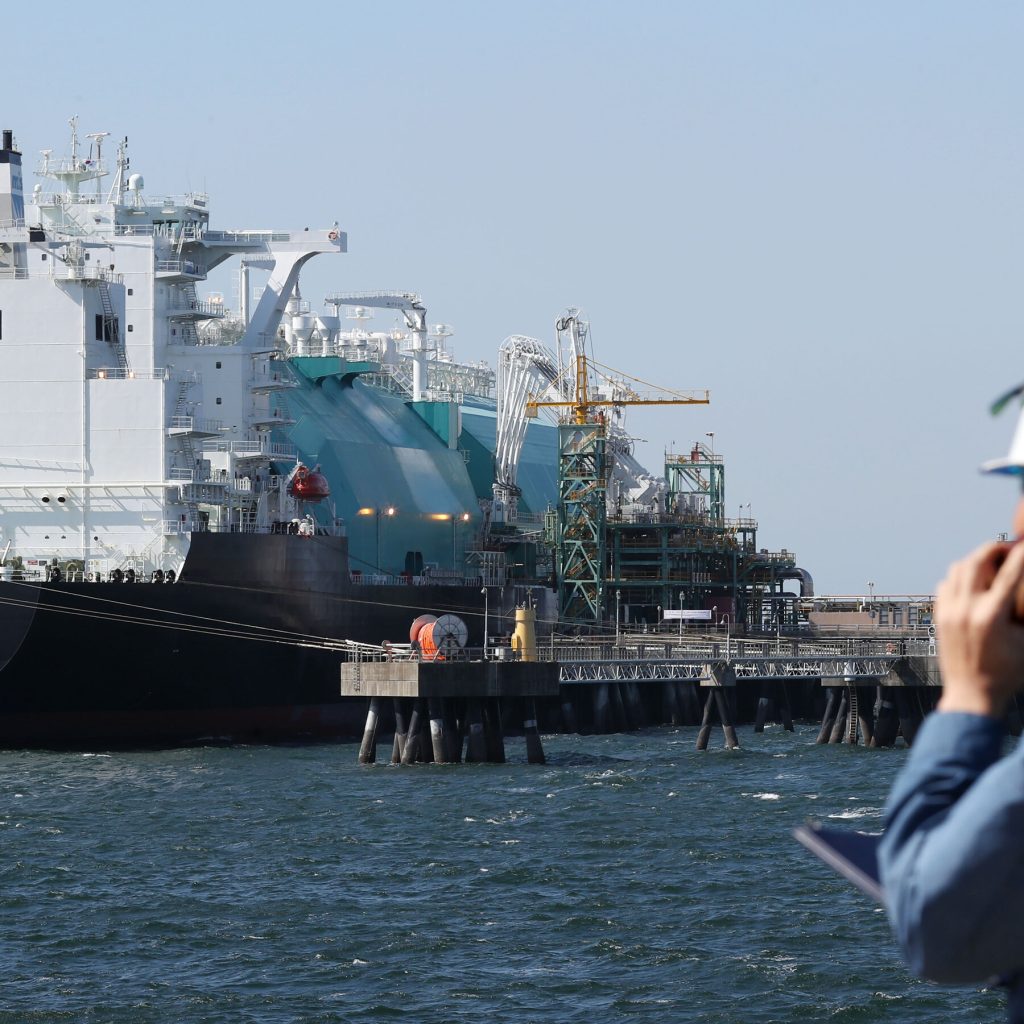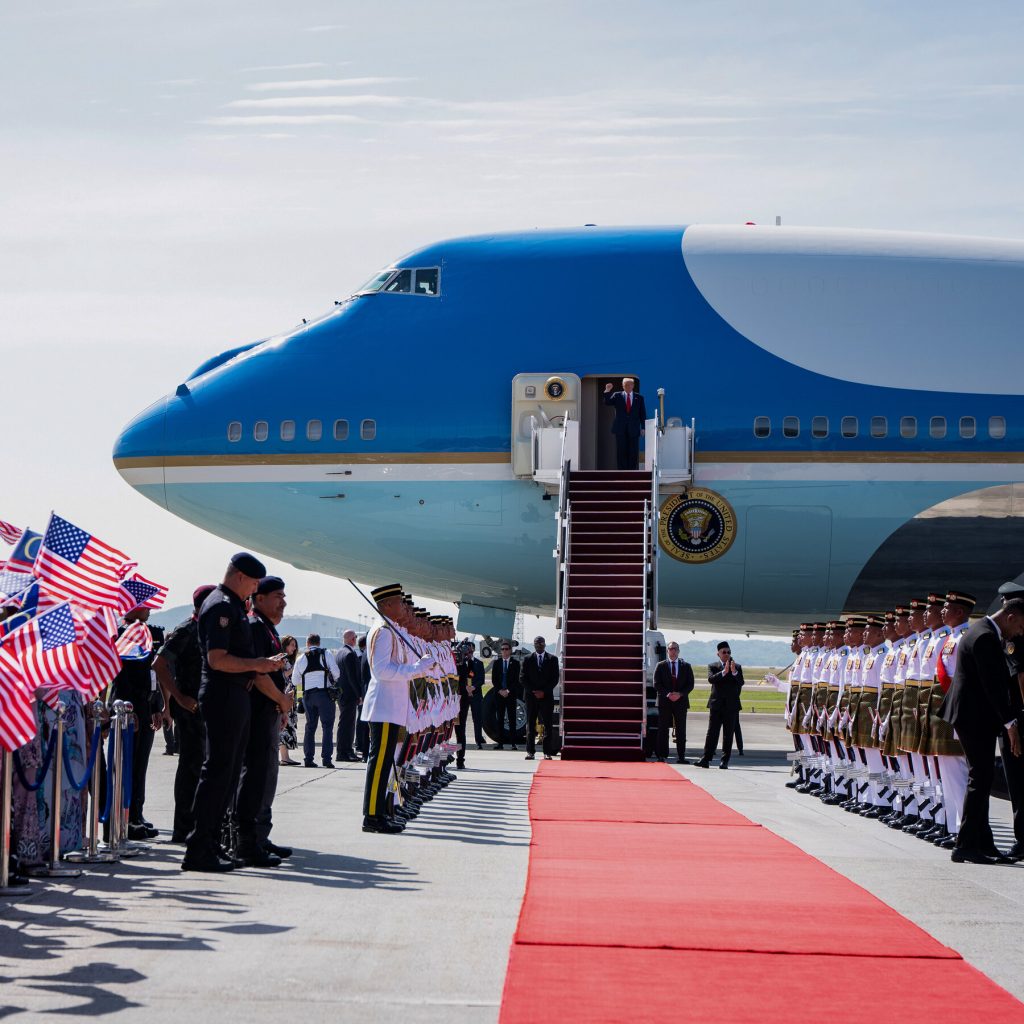As China and U.S. Split Over Energy, Korea Is Stuck in the Middle

South Korea finds itself in a precarious position as the United States and China diverge on energy policies, with a recent trade deal between the Trump administration and China potentially jeopardizing Korea’s competitive advantage in the U.S. market. The country has long relied on the United States for its defense and has invested heavily in building factories on American soil, creating a delicate balancing act.
Seoul has walked a tightrope in its relations with Washington and Beijing, trying to maintain good ties with both superpowers. However, the latest developments in the U.S.-China trade negotiations have raised concerns that Korea’s efforts to capitalize on its strategic position may be undermined. A new trade deal between the United States and China could potentially erase the edge that Korean companies have enjoyed in the U.S. market.
Over the years, South Korea has spent billions of dollars building factories and investing in infrastructure in the United States, creating thousands of jobs and boosting its exports. The country’s strategy has been to use its proximity to the U.S. market to its advantage, leveraging its highly skilled workforce and favorable business environment to attract foreign investment.
However, with the U.S.-China trade deal taking shape, there are fears that Korean companies may lose their competitive edge in the U.S. market. The deal is expected to increase Chinese access to the U.S. market, potentially putting Korean companies at a disadvantage. Seoul is now faced with the challenge of navigating this complex landscape, trying to protect its interests while maintaining good relations with both Washington and Beijing.
The situation highlights the difficulties faced by countries like South Korea, which are caught in the middle of great power rivalries. As the United States and China continue to jockey for influence, countries like Korea must tread carefully to avoid being caught in the crossfire. With its economy heavily reliant on exports, Korea cannot afford to take sides, and must instead focus on finding ways to adapt to the changing landscape and maintain its competitive edge.




